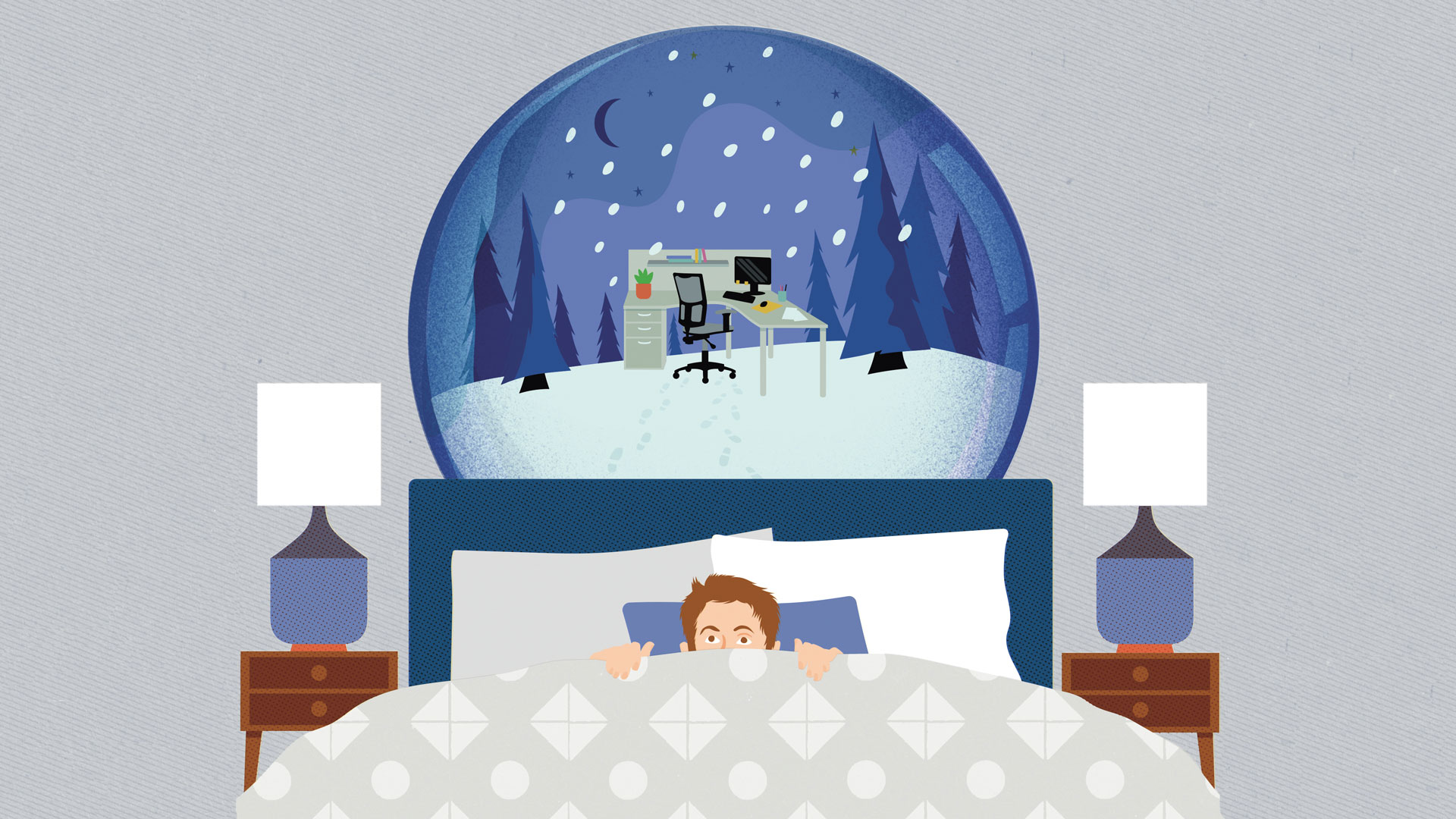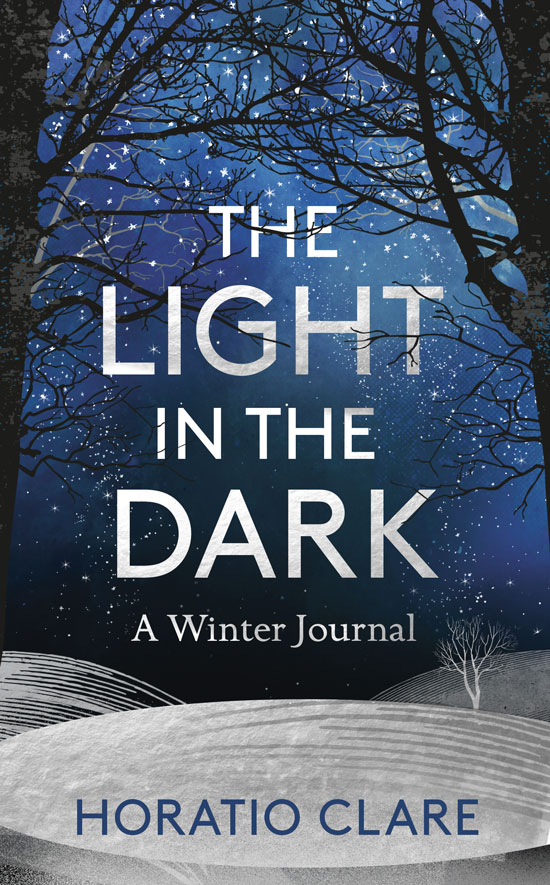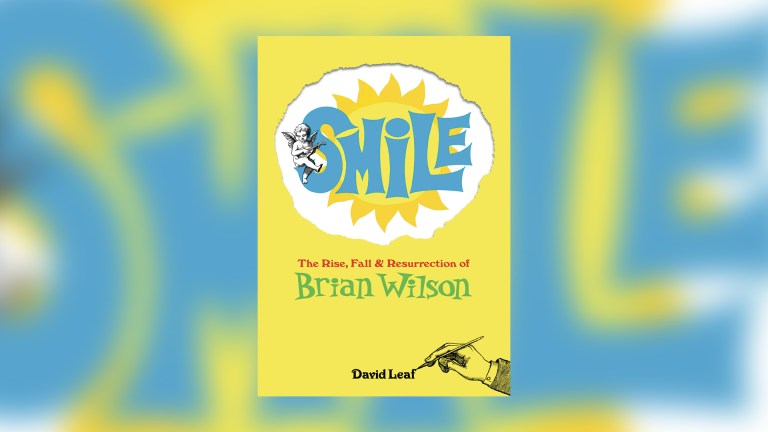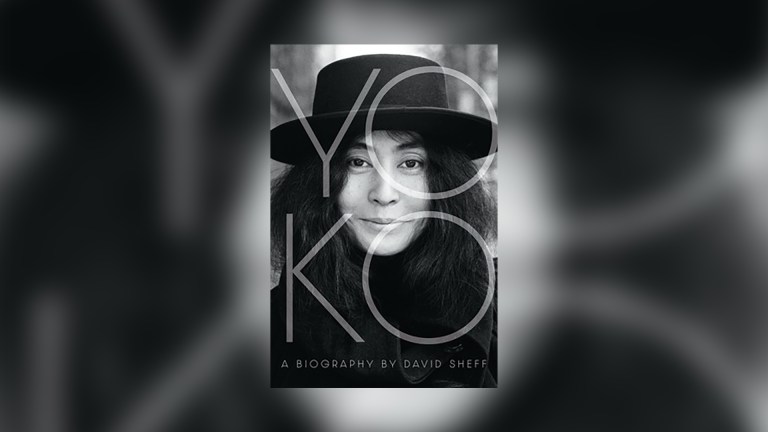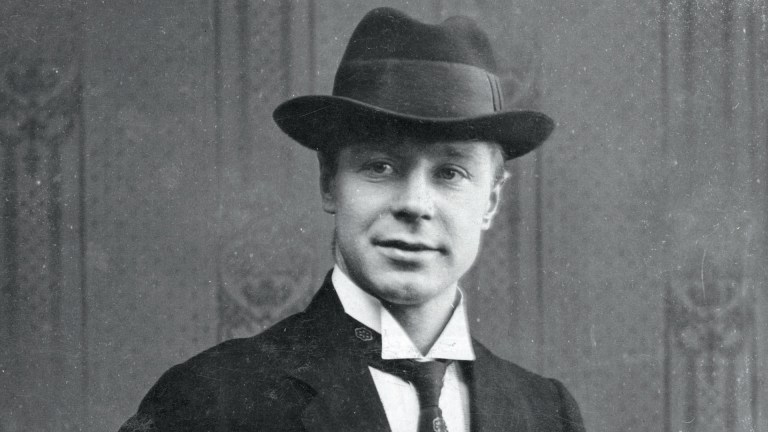If only it were not followed by winter, autumn would be my favourite season. The lights and colours, the feeling of a world alive in its turning: autumn is as delightful as a child running through a park. But every day, in degrees, winter comes closer. I fear it. In the Arctic, in Svalbard, where the sun does not rise for months, they call winter ‘the dark season’. It seems the right phrase for it.
My neighbour, a teacher, says his colleagues already feel the foreshadows of winter blues, triggered by rising and setting off to work in the dark. “I’ve started taking vitamin D,” he said. “You need to start building up a good level of it now.” I saw a mental health assessor last winter who identified me as seasonally affected and said the same thing. She advised vitamin D and omega-3s in the form of fish oil pills. Although doctors are united on the efficacy of the latter, there is debate about the wider benefits of vitamin D, which we get partly from sunlight. Whether or not we should be taking it for our general health, there is powerful anecdotal evidence that it does help the mind cope with winter.
My friend, the writer Laura Barton, swears by vitamin D. “If I stop taking it I really notice it,” she says. A Wiganite who has fled south and east to the Kent coast, Laura loathes the cold and dark. Her strategies include Bikram yoga, eating oily fish and being busy. We agree that taking action is crucial.
My return from seasonal depression was partly due to feeling I was doing something about it: the combination of going to therapy for the first time, taking supplements, making myself walk up the hill every day and keeping a journal had a virtuous and cumulative effect. By April I was back to something like normal. As the book of that journal, The Light in the Dark, starts to make its way to readers I am receiving feedback from other sufferers of seasonal affective disorder (SAD). Symptoms include lethargy, depressive thoughts, difficulty in making decisions, sleeping too much, zero libido and no power of concentration: I had the lot.
Dr Norman Rosenthal, a psychiatrist and scientist, identified SAD in 1984. He discovered it runs at under two per cent in the population of sunny Florida but at almost 10 percent in not-so-sunny Alaska.
The most obvious solution, if you cannot move south of the Alps, is to purchase a light box. Hitherto I was too indolent to make the investment but the science is clear: for over half of sufferers it does help, so for this winter a light box is on my list.
